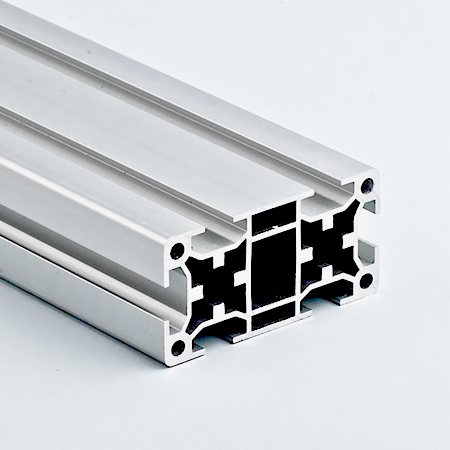Silicon metal and Magnesium ingot are regular additives in aluminum alloy casting. Various additive elements in aluminum alloy interact with each other during the metallurgical process and produce chemical effects. This effect will eventually change the structure and alloy phase of the aluminum alloy material, resulting in aluminum alloys with different properties, functions and uses. The alloying process plays a very important role in the characteristics of deformed aluminum alloys.

Role of Silicon in Aluminum
Silicon is a common aluminum alloy additive. Silicon metal 553, silicon metal 441 and other models are suitable for aluminum alloy casting. The maximum solubility of Silicon metal in solid solution is 1.65%. Although solubility decreases with decreasing temperature, these alloys generally cannot go through the heat treatment. Silicon-aluminum alloy has excellent casting properties and corrosion resistance.
When both magnesium ingot and silicon metal appear in Al-Alloy, the three can form a silicon-magnesium-aluminum alloy in the aluminum solution. And the strengthening phase of the alloy is Mg2Si. The mass ratio of magnesium to silicon is 1.73:1. Al-Mg-Si series alloys are basically prepared according to this ratio. Sometimes adding an appropriate amount of copper element to Al-Mg-Si alloy can improve the strength. At the same time, adding an appropriate amount of chromium can offset the adverse effects of copper on corrosion resistance.
Role of Magnesium
The solubility of magnesium in aluminum decreases rapidly as the temperature decreases. In most industrial deformed aluminum alloys, the magnesium content is less than 6%. Magnesium 99.9 and Mg Ingot 99.95 are the most common models. Adding Magnesium ingot into aluminum alloy, the strengthening stone of aluminum is obvious. For every 1% increase in magnesium content, the tensile strength of aluminum alloy increases by approximately 34MPa. At the same time, if manganese (electrolytic manganese metal) is added, the strengthening effect can be supplemented. In addition, magnesium can also reduce the density of aluminum alloys and improve the thermal and mechanical properties of the material. Therefore, in areas with high requirements for high strength, high plasticity and lightweight, it is often necessary to add a certain amount of magnesium to aluminum alloys.
In short, adding silicon and magnesium to aluminum alloys can improve its strength, toughness and corrosion resistance, while also making the aluminum lighter and easier to form. For different application fields, the proportion of alloying element content will be different, but the addition of silicon and magnesium is one of the common means to improve the performance of aluminum alloys.
